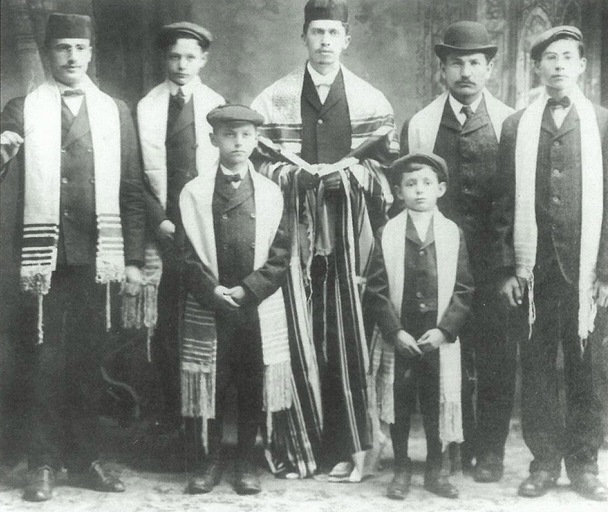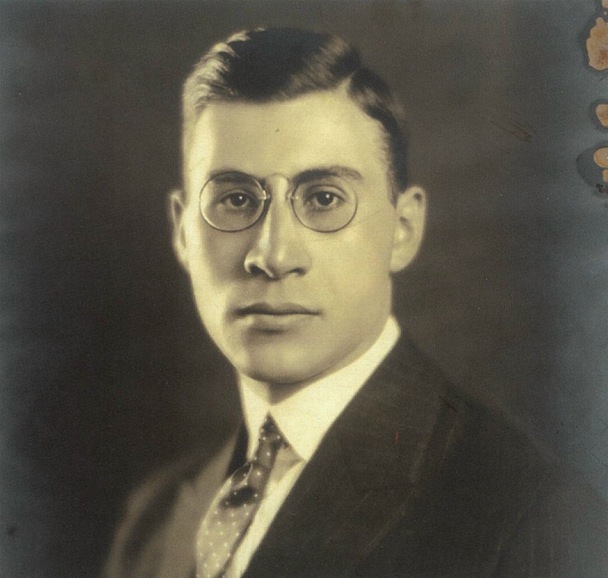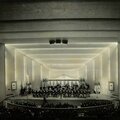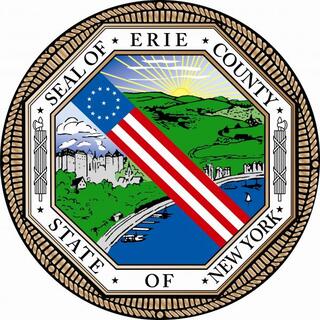
Harold Arlen (Hymen Arluck) as a young boy (front row, child on the right), pictured with his father, Canton Samuel Arluck (back row, first person on the left), Rabbi Israel Fineberg of Beth Jacob Synagogue (back row, center), and Jay Harry Rubenstein (back row, far right).
Courtesy of Susan R. Schapiro (Daughter of Jay Harry Rubenstein; Identification Courtesy of Dr. H.J. Rubenstein (Son of Jay Harry Rubenstein)
Despite the fact that Harold Arlen created an extraordinary number of hit songs and may have been the most prolific songwriter of his time, he remains unknown to most people.
Hyman Arluck was born in Buffalo, New York, on February 15, 1905, the surviving twin son of Cantor Samuel Arluck of the Pine Street Synagogue and his wife Celia (Orlin). As a child of six or seven years of age, he began to sing with his father’s choir, and a few years later he began taking regular piano lessons. Hyman was learning the classics and enjoying them greatly. But when he was about twelve, he discovered jazz, and his life would be forever changed. He soon formed his own band, The Snappy Trio. Arlen did the arrangements, played the piano and acted as vocalist. The Trio performed in Buffalo’s red-light district, (much to his parents’ chagrin,) as well as on the lake boats traveling between Buffalo and Crystal Beach, and Buffalo and Toronto. Soon the Trio became a quintet and changed its name to the Southbound Shufflers. His most prominent local engagement was aboard the Crystal Beach Boat, Canadiana. Once he began high school, it soon became apparent that it was not for him and he dropped out. By this time, he had adopted the name “Harold Arlen.” His musical talents led him to be invited to join one of Buffalo’s most successful local bands, The Buffalodians, as a vocalist, pianist and arranger. The Buffalodians soon left for the big time in New York City, although Arlen eventually left the band to write arrangements for others and to work as a single in vaudeville. It soon became clear that he had a tremendous talent for songwriting.
Among Arlen’s credit are the masterpieces “Stormy Weather,” “Get Happy,” “The Man That Got Away,” “World on a String,” “Let’s Fall in Love,” “For Every Man There’s a Woman,” “I’ve Got a Right to Sing the Blues,” “Accentuate the Positive,” “Come Rain or Come Shine,” “Between the Devil and the Deep Blue Sea,” “One for My Baby,” “Paper Moon,” “Black Magic” and so many more. His most lasting legacy was the song “Over the Rainbow,” which was part of Arlen’s outstanding score for the movie Wizard of Oz and which won an Academy Award for best song; and “Blues in the Night,” from the movie of the same name, which was nominated for an Academy Award as well.
It has been said that Arlen’s relative anonymity can be attributed to a long and productive period in California where he remained for nearly two decades from the mid-thirties writing for the screen, although there were occasional jobs that brought him back to Broadway.
Because he was a generally shy and modest man, it never seemed to bother him much that he did not receive the accolades that he so justly deserved.
It has been said that no American songwriter has ever written more first-rate songs than Arlen.








